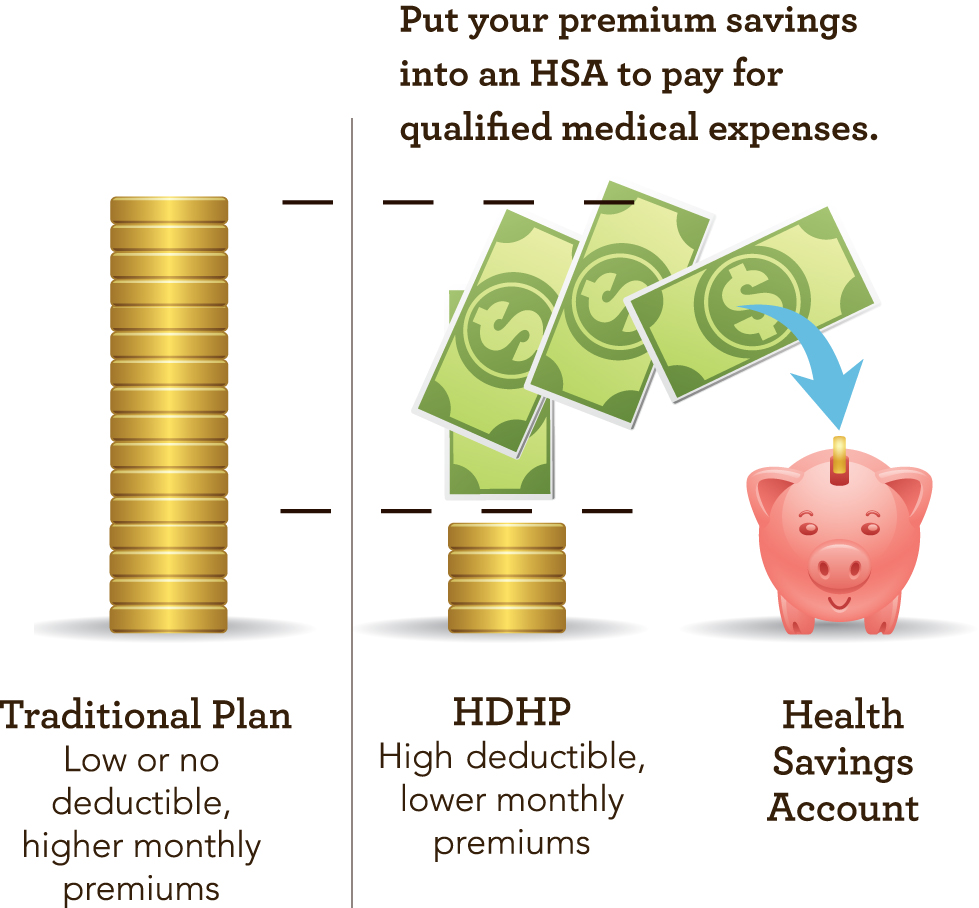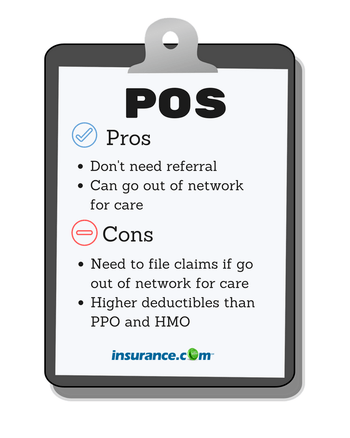The deductible is the amount of money you have to pay out of pocket prior to a claim being covered. All family members out-of-pocket expenses count toward the family deductible until it is met and then they are all covered with the health plans usual copays or coinsurance.
What To Know About No Deductible Health Insurance Plans
Many health insurance plans also cover other benefits like doctor visits and prescription drugs even if you havent met your deductible.

What does no deductible mean in health insurance. Its important to take your time to compare plans side by side since higher plan deductible may be offset by lower cost sharing or premiums and vice versa. No Deductible Means Higher Co-payments and Co-Insurance Co-payments are fixed payments made by the policyholder every time a service is utilized such as buying prescription medication after a doctors appointment and when visiting the emergency room. The deductible might be anywhere from 500 to 1500 if youre an individual or 1000 to 3000 if youre a family.
Your health insurance plan probably requires you to meet an annual deductible which is the total out-of-pocket expenses you pay for covered services before the insurance company pays for covered expenses. It means that the insurance company with whom you have signed the plan would pay for your healthcare claims right away and you will not have anything to pay for the treatment. You will not have to pay a copay or coinsurance.
A deductible is a way to decrease the insurance premium as the customer is willing to take on some of the risks before the insurance company would pay the claim in. Embedded deductible includes an individual and family deductible Non-embedded deductible includes only a family deductible Embedded and non-embedded deductibles. What does No-deductible mean on your Health Insurance.
A non-embedded or aggregate deductible is simpler than an embedded deductible. The role of a deductible is to keep premiums low. Health care policies refer to individual deductibles as embedded and non-embedded in family coverage.
Even with no-deductible plans you will have an out of pocket maximum. With no deductible health insurance these co-payments will tend to be much higher. No charge after deductible means that once you have paid your deductible amount for the year the insurance company will pay 100 percent of your future covered medical costs up to the limit of your policy.
In 2014 theres a 6350 maximum for individual out-of-pocket costs for in-network services. These plans are referred to as zero-deductible plans. Family health insurance plans can have one of two types of deductibles.
Will My Deductible Be My Only Out-Of-Pocket Health Insurance Expense. In most instances this means you have much less out of pocket exposure during a major health event than you would have on a traditional plan with deductible and coinsurance. As mentioned the health insurance deductible may vary from plan to plan.
With a non-embedded deductible there is only a family deductible. Now as you have understood how deductibles work you would be curious to find out that what does no-deductible means. Screenings immunizations and other preventive services are covered without requiring you to pay your deductible.
The deductible is the total amount which you as the consumer need to first pay toward any medical expenses you receive during your coverage period. Some plans typically HMOs may not have a deductible at all. Your deductible is the amount you pay for health care out of pocket before your health insurance kicks in and starts covering the costs.
Some expenses like an annual check-up or doctors visit might not be subject to the deductible depending on your plan. A health insurance deductible is the amount of money you pay out of pocket for healthcare services covered under your insurance plan before your plan begins to pay benefits for eligible expenses. What is a Non-embedded Aggregate Deductible.
What Does No Charge After Deductible Mean. It does this by discouraging people from putting in small claims since they likely wont want to pay deductibles on such claims. A no deductible insurance plan works just like a policy with a deductible except that when you need to use the policy you dont have to pay out of pocket until your deductible is met.
No deductible simply means that the insurance company would start paying claims right away and you would not owe anything for treatment.
